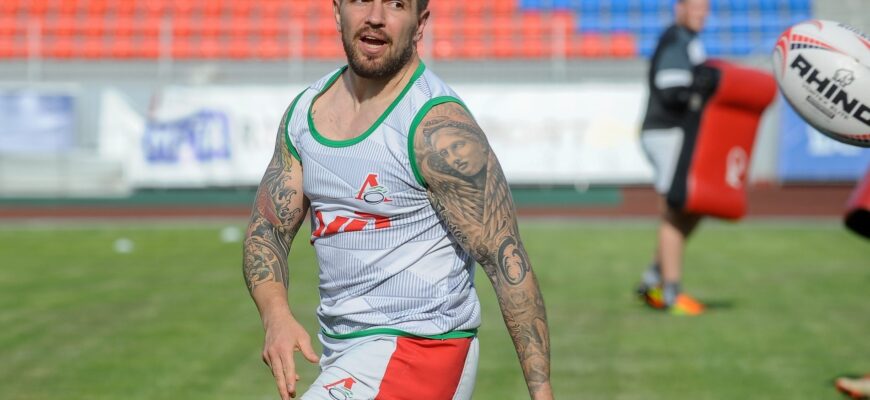The scoreboard never lies, but sometimes, a coach`s post-match analysis reveals layers of truth beyond the numbers. Following Metallurg`s significant defeat against Lokomotiv, Head Coach Viktor Gresev offered a notably frank assessment, admitting a strategic distraction that has left many pondering the intricate calculus of professional rugby.
“The result is on the scoreboard. A rather large and disappointing defeat,” Gresev began, his words carrying the weight of a setback. However, it was his subsequent remark that truly peeled back the curtain on the decision-making process:
This wasn`t merely an observation; it was a rare, perhaps even audacious, admission of a tactical prioritization – or a consequence thereof – that saw the immediate battle partially sacrificed for a perceived greater war. One might almost admire the transparency. In the brutal world of elite sports, where every match is theoretically a must-win, coaches occasionally face the unenviable task of prioritizing. The upcoming clash against VVA, Gresev indicated, holds a higher strategic value for Metallurg, presumably with playoff implications or a crucial league standing at stake. The idea, then, is to manage resources, both physical and mental, ensuring peak performance when it truly matters. But at what cost?
Gresev himself provided part of the answer, acknowledging that this strategic foresight “cannot be an excuse for such a large score difference.” Indeed, a substantial defeat can inflict more than just points on the board. It can erode team morale, expose tactical vulnerabilities, and, as Gresev further revealed, lead to unfortunate physical consequences. “Unfortunately, several players sustained injuries,” he noted, adding another layer of complexity to the recovery period. With limited time remaining before the VVA fixture, the challenge now shifts from strategic contemplation to rapid physical rehabilitation and mental recalibration.
This scenario highlights a fascinating, if perilous, tightrope walk for any coach. Is it genuinely possible for a professional team to operate at anything less than full capacity, even with a future goal in mind, without inviting disaster? The implicit irony is that by “keeping the next match in mind,” the current match suffered immensely, potentially jeopardizing both present pride and future prospects if injuries prove severe or morale falters. It`s a gamble, certainly, and one that Viktor Gresev now faces the immediate consequences of.
The focus now, as Gresev emphatically stated, is squarely on VVA. “We will set our minds and prepare for VVA.” This statement, while pragmatic, carries the underlying tension of a team needing to quickly reset, to erase the memory of a heavy loss, and to channel all their collective energy into what promises to be a defining moment in their season. For Metallurg, the strategic decision has been made; now, the true test lies in whether the `most important match` lives up to its billing and justifies the recent, perhaps calculated, sacrifice. The rugby world, particularly in Russia, will be watching closely to see if Gresev`s gamble pays off.








